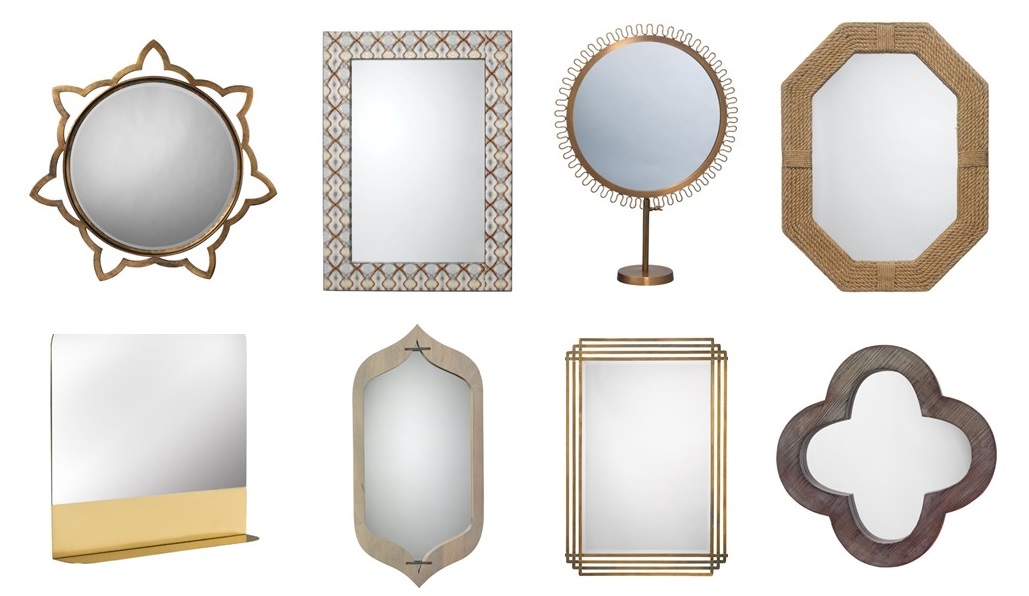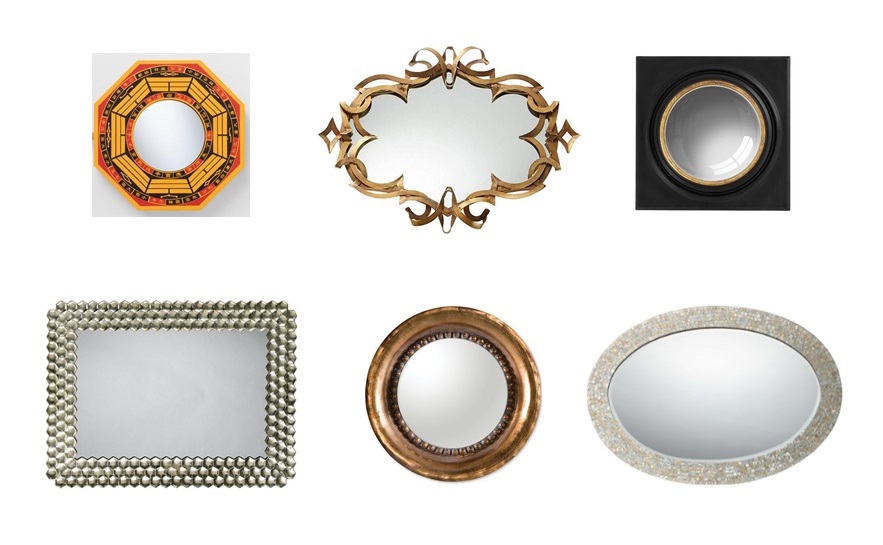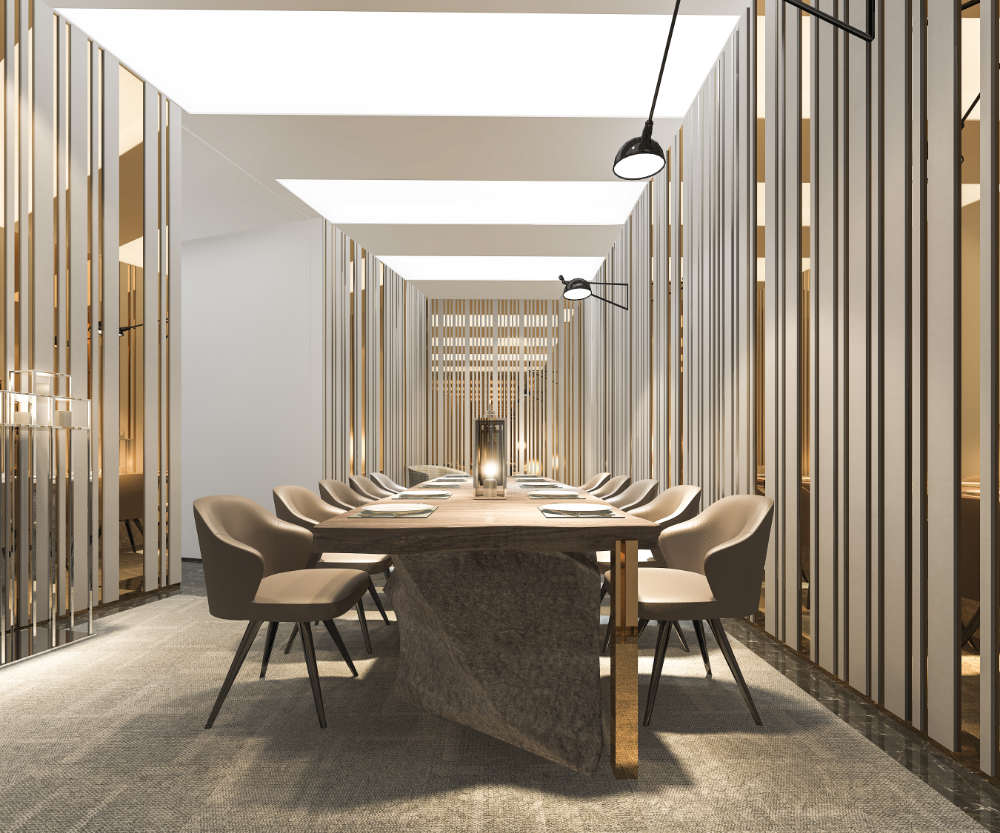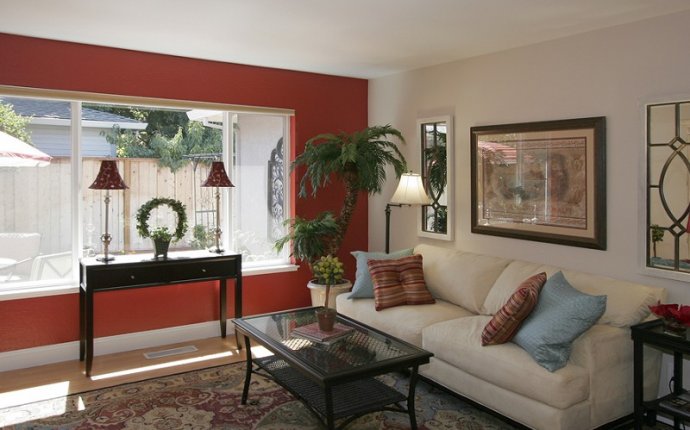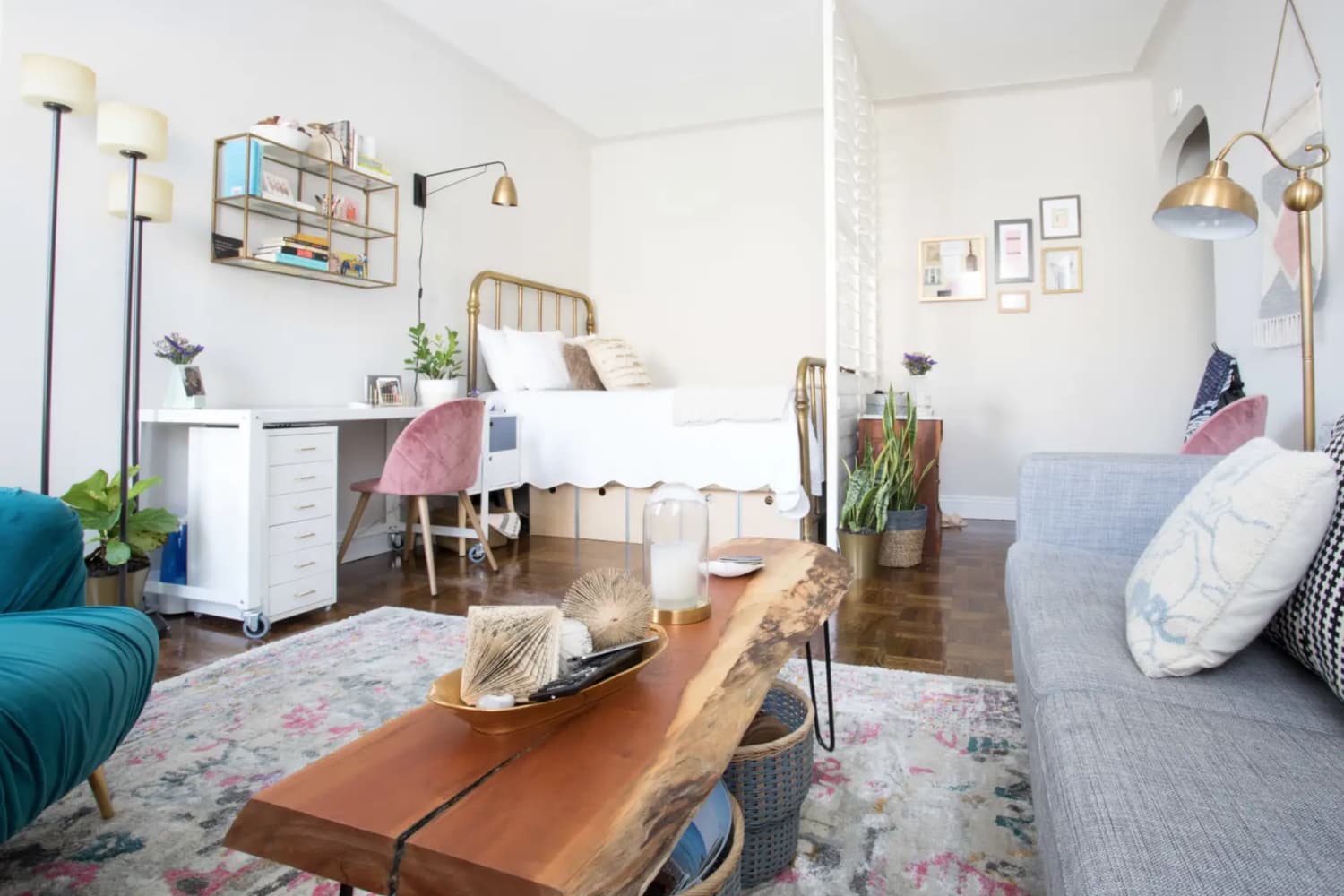Incorporating feng shui in your living room design can bring positive energy and harmony into your home. The living room is often the central gathering place for family and guests, making it an important space to create a balanced and inviting atmosphere. Here are some feng shui tips to help you achieve a harmonious living room. Feng Shui Tips for Your Living Room
The first step in incorporating feng shui in your living room is to declutter and organize the space. A cluttered and messy living room can disrupt the flow of energy and create a sense of chaos. Keep the space clean and free of unnecessary items to allow for a smooth flow of energy. Another important aspect of feng shui is the placement of furniture. Make sure your furniture is arranged in a way that allows for a clear pathway and does not block any doorways or windows. This will allow for a balanced and open flow of energy in the room. How to Incorporate Feng Shui in Your Living Room Design
When it comes to feng shui, balance is key. This means balancing the five elements – wood, fire, earth, metal, and water – in your living room. You can incorporate these elements through the use of colors, materials, and decor. For example, wood can be represented through wooden furniture, fire through candles or a fireplace, earth through plants, metal through metallic decor, and water through a small fountain or a fish tank. It is also important to create a sense of balance in the room by using a mix of yin and yang elements. Yin elements are soft and calming, while yang elements are energetic and vibrant. A balance of both in your living room will create a harmonious space. Creating a Harmonious Living Room with Feng Shui
There are certain feng shui guidelines that should be followed in the living room to promote positive energy. For example, avoid placing your sofa against a wall, as this can create a sense of stagnation. Instead, place it against a solid wall or a large piece of furniture. Another tip is to avoid placing sharp edges or corners pointing towards your seating area, as this can create negative energy. Instead, incorporate rounded or curved shapes in your furniture and decor. Additionally, avoid having a television or computer in your living room, as they can be distracting and disrupt the flow of energy. If you must have these devices in the room, make sure to cover them when not in use. The Dos and Don'ts of Feng Shui in Your Living Room
Colors play a significant role in feng shui, as they can influence the energy in a room. For your living room, it is best to stick to calm and soothing colors, such as shades of blue, green, and earth tones. These colors promote relaxation and balance in the space. Avoid using bright and bold colors, such as red or orange, as they can create an overstimulating atmosphere. If you do want to incorporate pops of color, use them in small accents rather than large pieces of furniture. Feng Shui Colors for Your Living Room
Incorporating feng shui decor in your living room can enhance the positive energy in the space. Crystals, such as amethyst or clear quartz, can be placed in the room to promote balance and harmony. You can also hang a wind chime near a window to invite positive energy into the room. Another feng shui decor tip is to display meaningful artwork or photographs that evoke positive emotions. This will help to create a sense of calm and happiness in the room. Enhance Your Living Room with Feng Shui Decor
As mentioned earlier, the placement of furniture is crucial in feng shui. In addition to avoiding sharp edges and pointing corners, it is also important to have a solid and sturdy headboard on your sofa or chair. This will provide support and stability, which are important elements in feng shui. You can also incorporate feng shui principles in the selection of your furniture. Look for pieces made from natural materials, such as wood or bamboo, and avoid furniture with sharp edges or harsh lines. Feng Shui Furniture Placement in Your Living Room
Natural light is an essential element in feng shui, as it brings in positive energy and promotes a sense of vitality. It is best to have plenty of natural light in your living room, as it can brighten the space and create a welcoming atmosphere. If your living room does not have many windows, you can incorporate other sources of light, such as lamps or candles. Just make sure to avoid harsh and bright lighting, as it can create a sense of stress and discomfort. The Importance of Natural Light in Feng Shui Living Rooms
Plants are an excellent way to bring in natural elements and positive energy into your living room. In feng shui, plants also represent growth and abundance. Choose plants with rounded or soft leaves, as they are considered more beneficial for feng shui. Some popular feng shui plants for the living room include the money plant, bamboo, and peace lily. Just make sure to keep the plants well-maintained and healthy, as dying or wilting plants can bring in negative energy. Feng Shui Plants for a Positive Energy in Your Living Room
Mirrors are a powerful tool in feng shui, as they can enhance the flow of energy in a room. When placed strategically, mirrors can reflect and amplify positive energy in the living room. To use mirrors for good feng shui, make sure they are placed in a way that does not reflect any negative elements, such as clutter or a sharp edge. You can also use mirrors to reflect natural light and create a brighter and more inviting space. In conclusion, incorporating feng shui in your living room can bring positive energy and harmony into your home. By following these tips and guidelines, you can create a balanced and inviting living room that promotes relaxation and well-being. With a little effort and attention to detail, you can transform your living room into a harmonious space that supports your overall well-being. How to Use Mirrors for Good Feng Shui in Your Living Room
The Importance of Feng Shui in Your Living Room
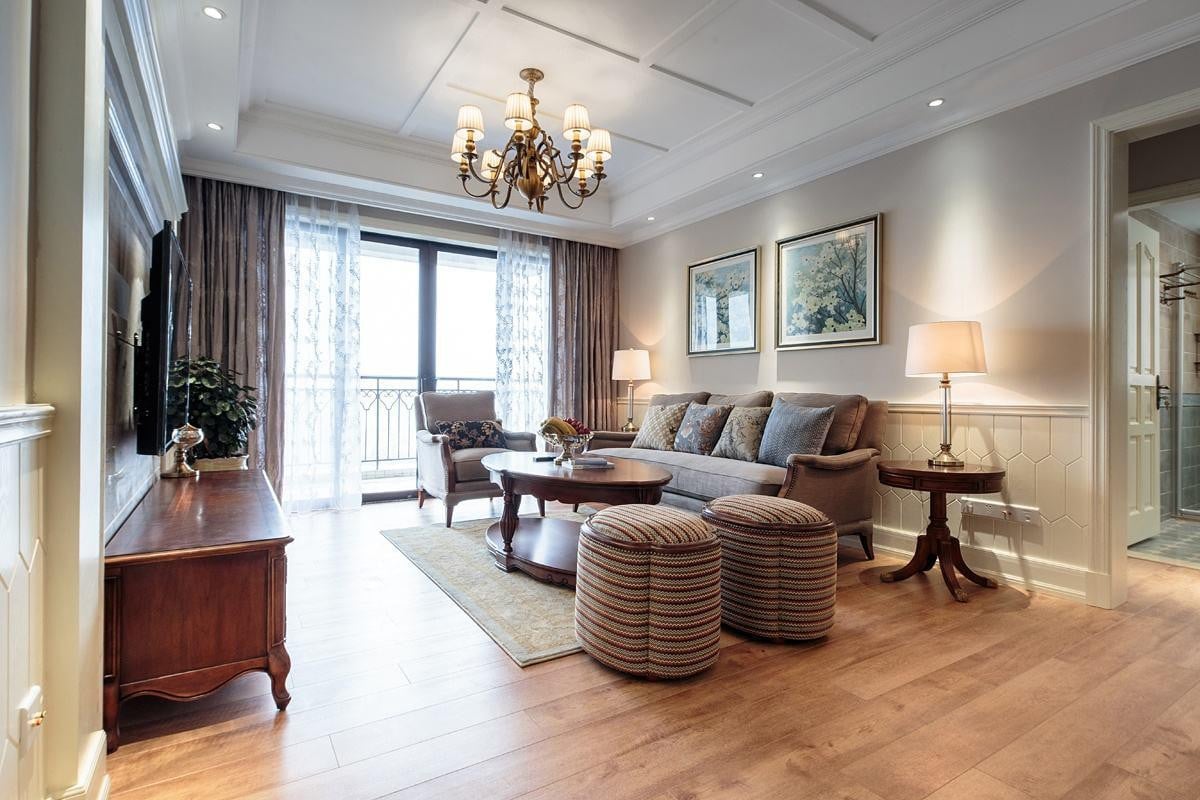
Creating a Harmonious Space
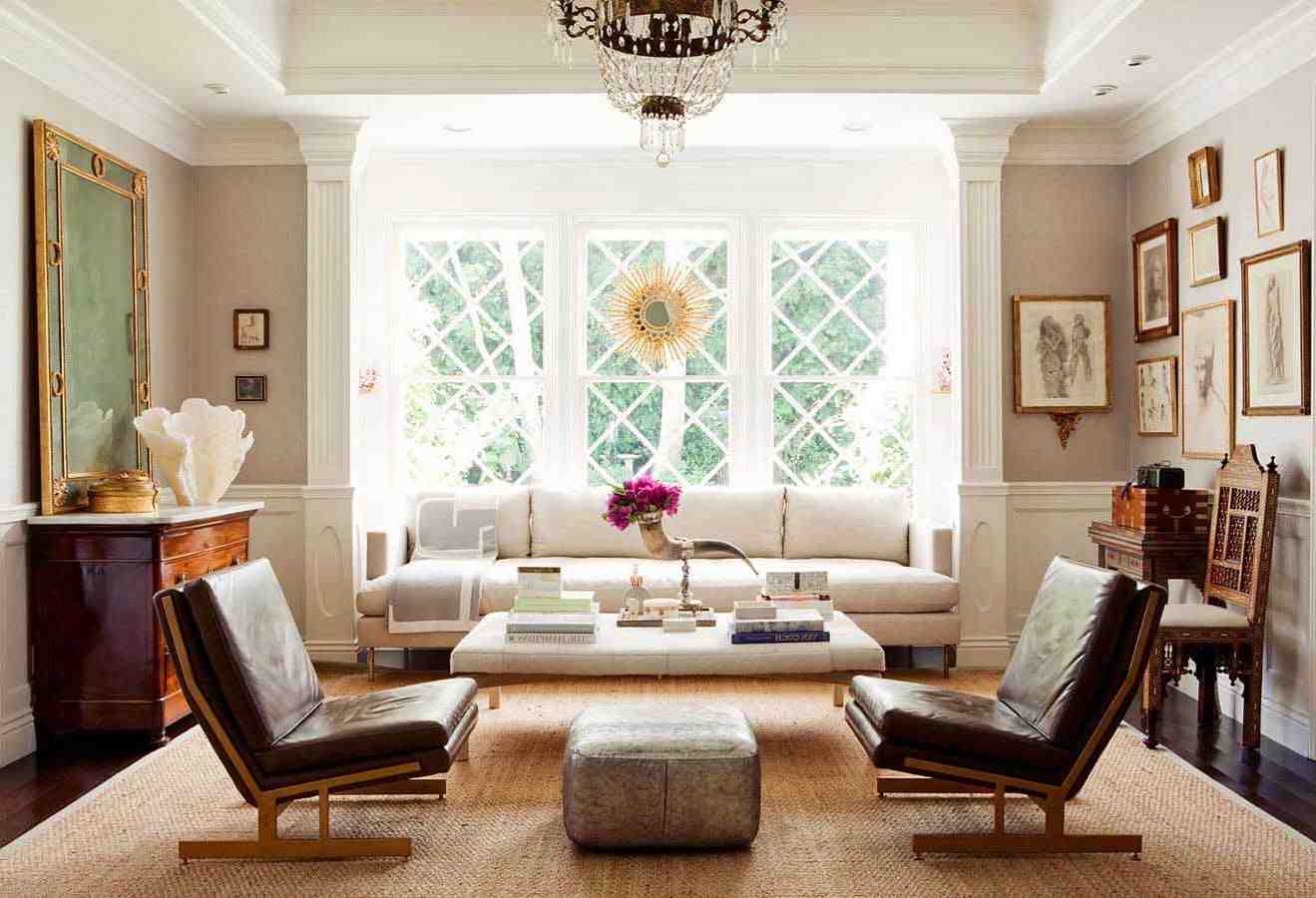 Feng shui is an ancient Chinese practice that focuses on creating harmony and balance in our living spaces. The living room, being the heart of the home, is an essential area to incorporate feng shui principles. This will not only improve the energy flow in your home but also create a peaceful and inviting atmosphere for you and your family. Let's explore some feng shui tips for your living room.
Feng shui is an ancient Chinese practice that focuses on creating harmony and balance in our living spaces. The living room, being the heart of the home, is an essential area to incorporate feng shui principles. This will not only improve the energy flow in your home but also create a peaceful and inviting atmosphere for you and your family. Let's explore some feng shui tips for your living room.
Clear the Clutter
 One of the key principles of feng shui is to declutter your space. A cluttered living room not only affects the energy flow but also creates a sense of chaos and stress. Start by removing any unnecessary items and organizing the remaining ones.
Featured keywords: declutter, energy flow, chaos, stress
This will not only make your living room more visually appealing but also allow the energy to flow freely, creating a peaceful and inviting atmosphere.
One of the key principles of feng shui is to declutter your space. A cluttered living room not only affects the energy flow but also creates a sense of chaos and stress. Start by removing any unnecessary items and organizing the remaining ones.
Featured keywords: declutter, energy flow, chaos, stress
This will not only make your living room more visually appealing but also allow the energy to flow freely, creating a peaceful and inviting atmosphere.
Balance the Elements
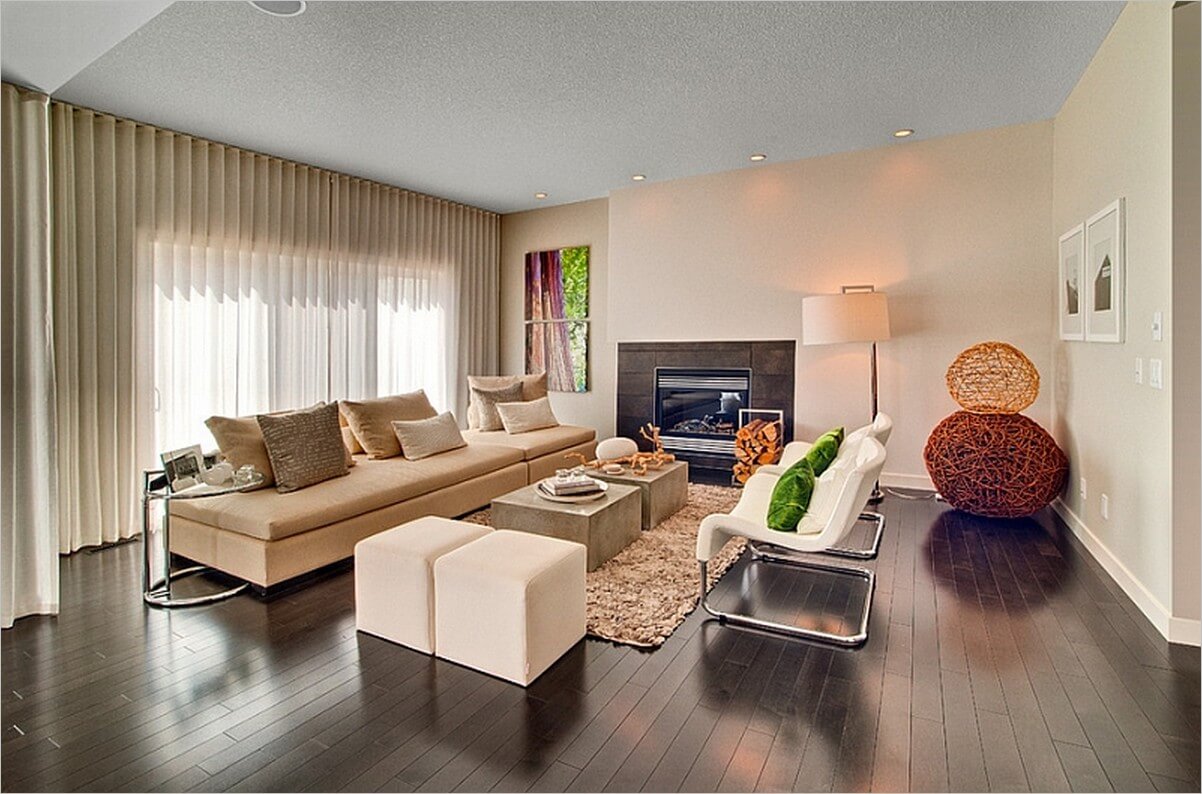 According to feng shui, our living spaces should have a balance of the five elements – wood, fire, earth, metal, and water. The living room is the perfect place to incorporate these elements.
Featured keywords: balance, five elements
For example, add a wooden coffee table, a fireplace for the fire element, plants for the earth element, metal decor pieces, and a small water feature like a fountain. This balance will create a harmonious and well-rounded space.
According to feng shui, our living spaces should have a balance of the five elements – wood, fire, earth, metal, and water. The living room is the perfect place to incorporate these elements.
Featured keywords: balance, five elements
For example, add a wooden coffee table, a fireplace for the fire element, plants for the earth element, metal decor pieces, and a small water feature like a fountain. This balance will create a harmonious and well-rounded space.
Position Your Furniture Strategically
 The placement of furniture in your living room is crucial for good feng shui.
Featured keywords: furniture, placement
First, make sure that the main seating area is facing the entrance of the room. This allows for a clear view of who enters the room and promotes a sense of security. Additionally, avoid placing furniture in a direct line with the door, as this can create a rush of energy every time the door opens.
The placement of furniture in your living room is crucial for good feng shui.
Featured keywords: furniture, placement
First, make sure that the main seating area is facing the entrance of the room. This allows for a clear view of who enters the room and promotes a sense of security. Additionally, avoid placing furniture in a direct line with the door, as this can create a rush of energy every time the door opens.
Use Colors Wisely
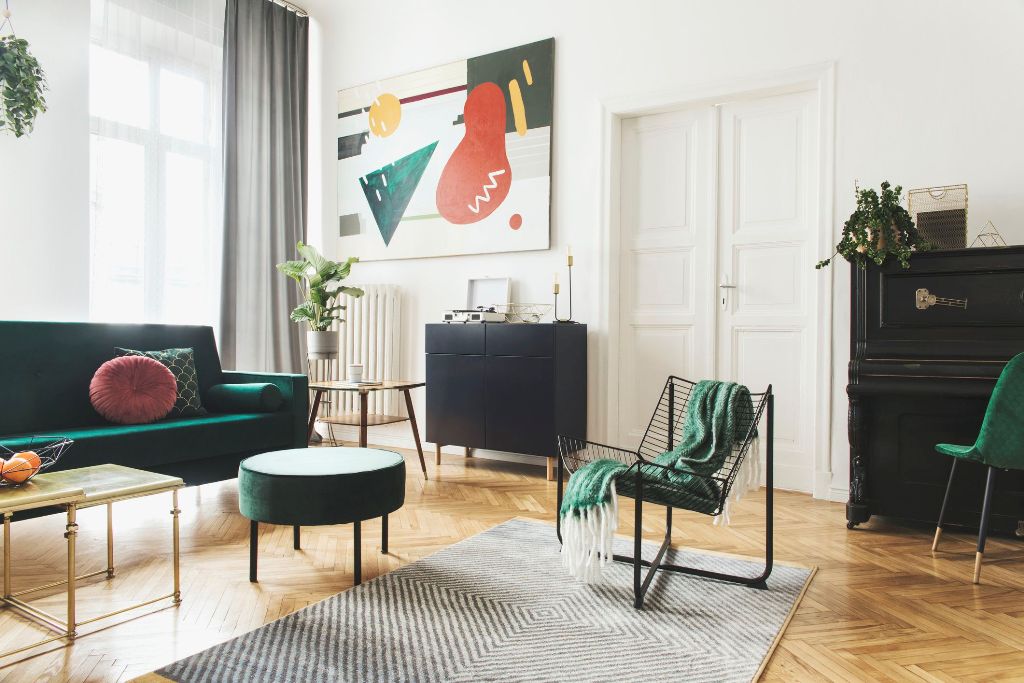 Colors play a significant role in feng shui. Each color represents a different element and can affect the energy in your living room.
Featured keywords: colors, element, energy
For example, green represents the wood element and is perfect for promoting growth and harmony, while red represents the fire element and can bring passion and energy. Choose colors that align with your desired energy in the living room.
Colors play a significant role in feng shui. Each color represents a different element and can affect the energy in your living room.
Featured keywords: colors, element, energy
For example, green represents the wood element and is perfect for promoting growth and harmony, while red represents the fire element and can bring passion and energy. Choose colors that align with your desired energy in the living room.
Conclusion
/GettyImages-1030845464-d9bf0a6179ff4601971a1ab963607969.jpg) Incorporating feng shui in your living room may seem overwhelming, but it is a simple and effective way to improve the energy flow in your home.
Featured keywords: feng shui, improve, energy flow, home
Remember to declutter, balance the elements, strategically position your furniture, and use colors wisely. By following these simple tips, you can create a harmonious and inviting living room that promotes a sense of peace and well-being for you and your family.
Incorporating feng shui in your living room may seem overwhelming, but it is a simple and effective way to improve the energy flow in your home.
Featured keywords: feng shui, improve, energy flow, home
Remember to declutter, balance the elements, strategically position your furniture, and use colors wisely. By following these simple tips, you can create a harmonious and inviting living room that promotes a sense of peace and well-being for you and your family.






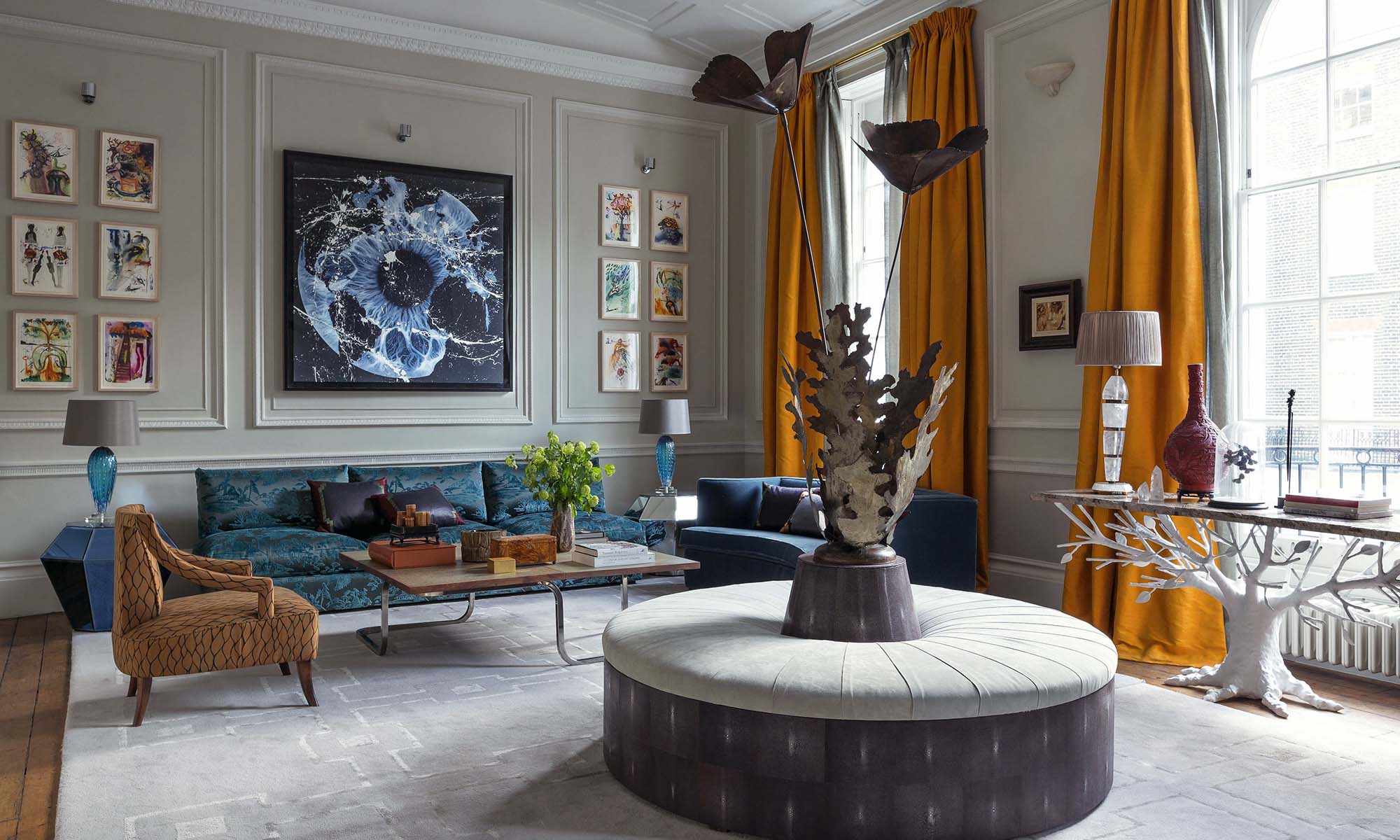



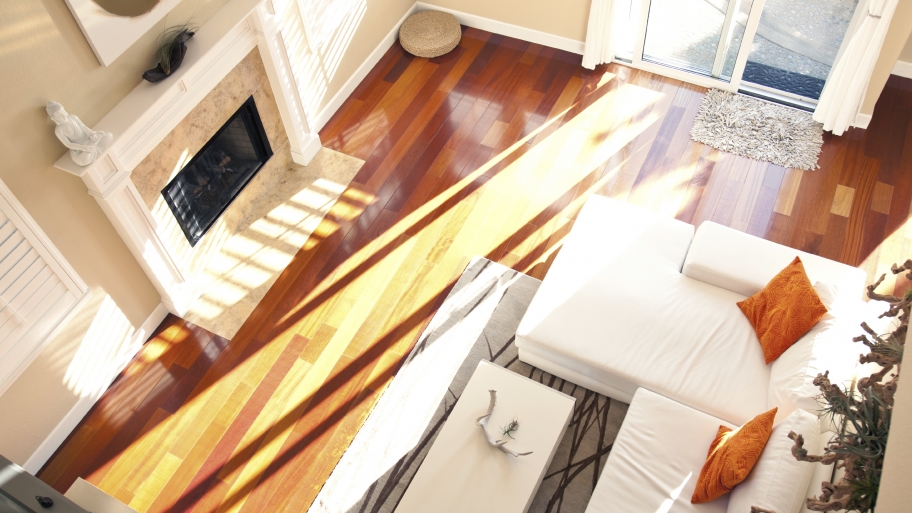
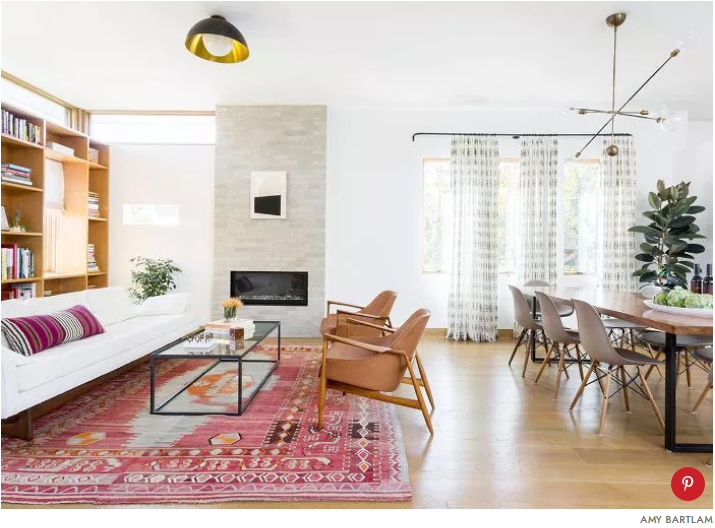
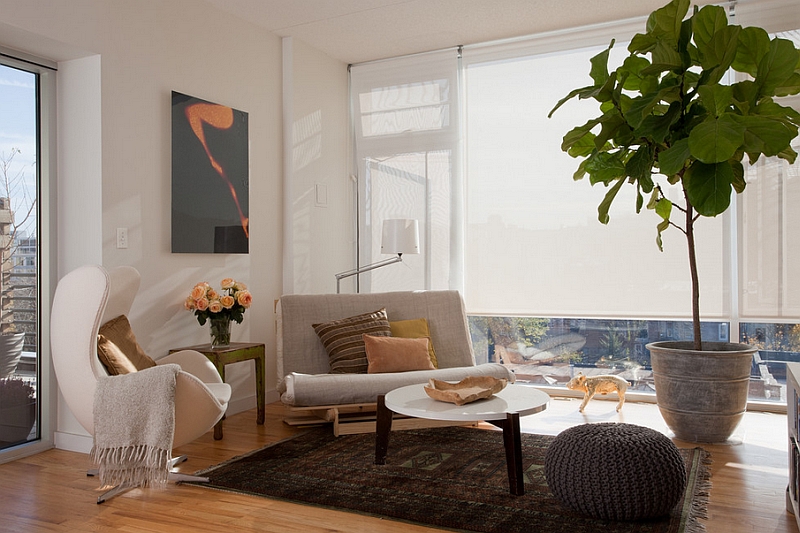
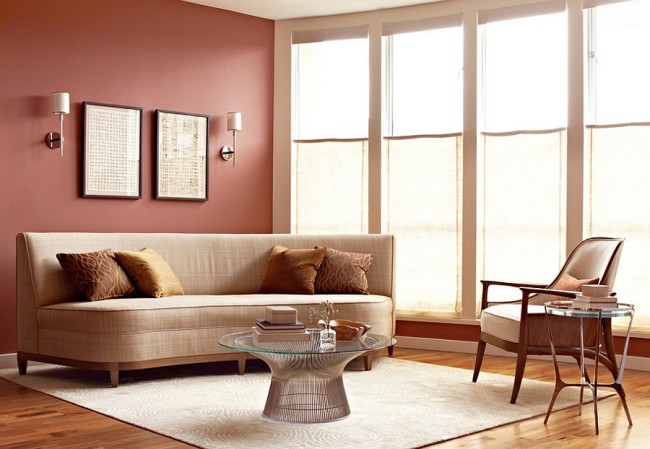
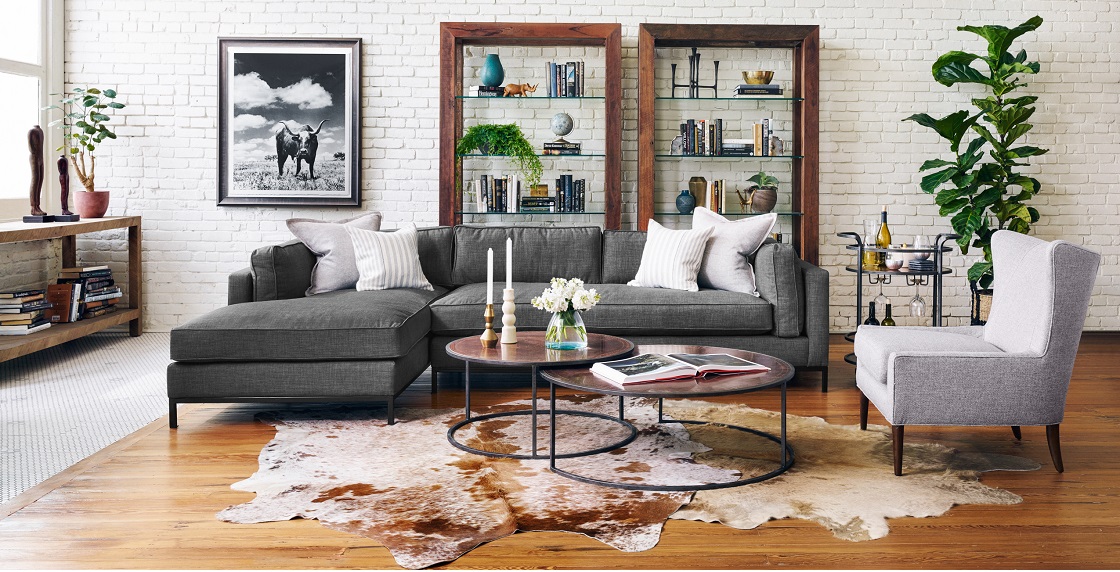
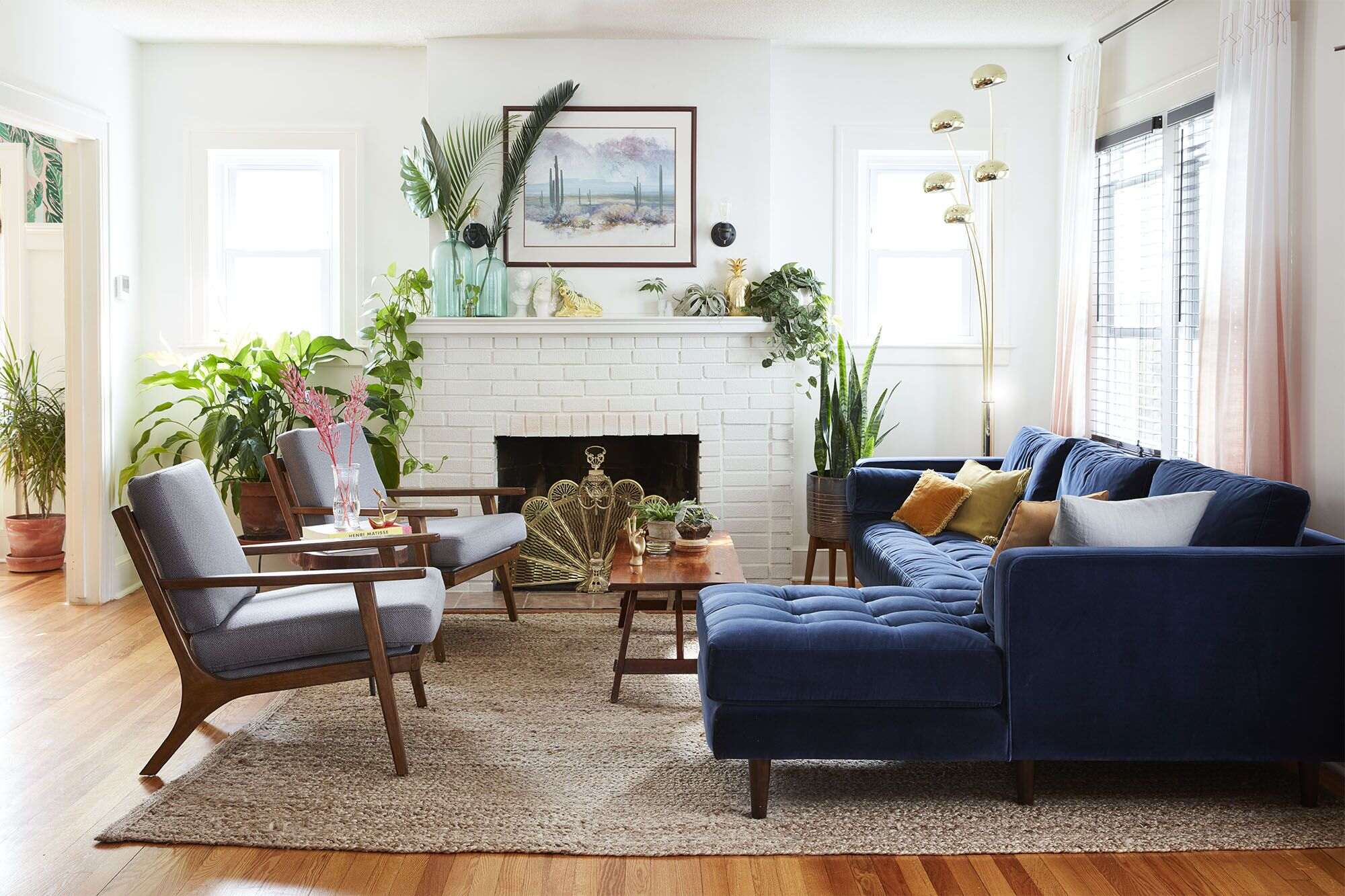




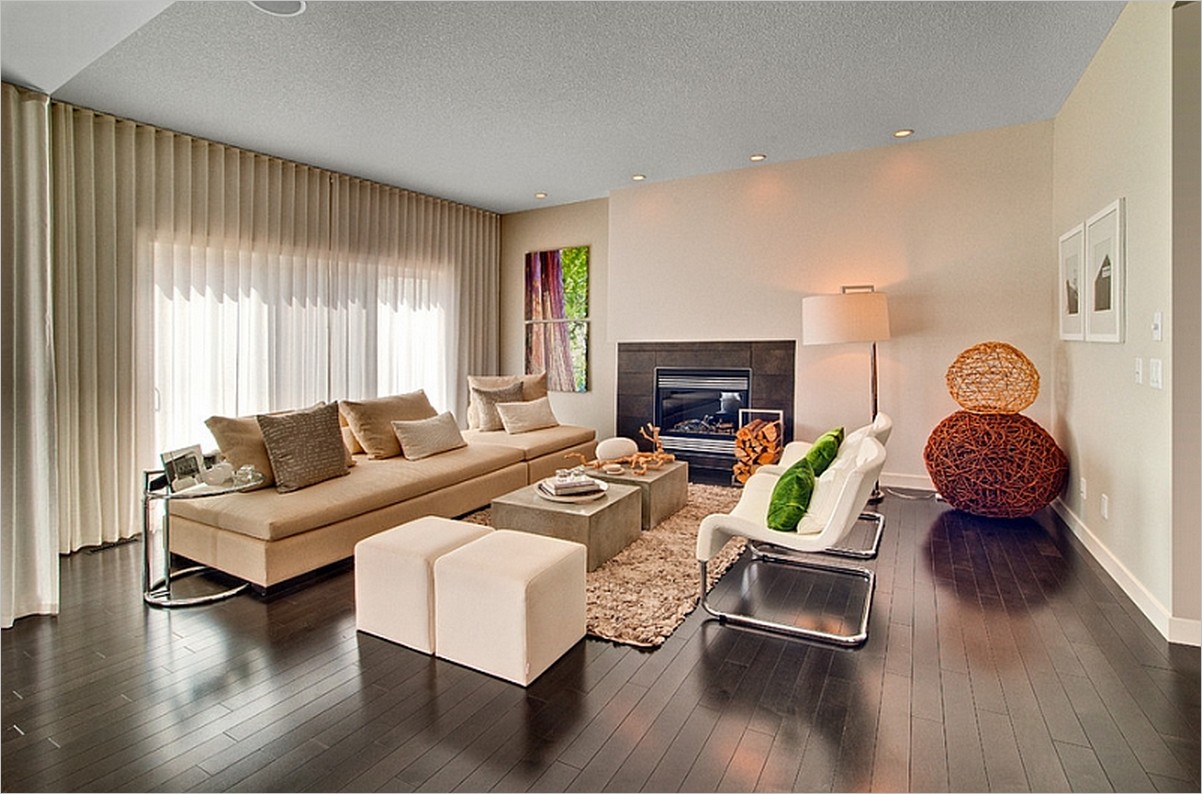

:max_bytes(150000):strip_icc()/GettyImages-642242204-9bc00f4474f040908f0286b3f2764f95.jpg)










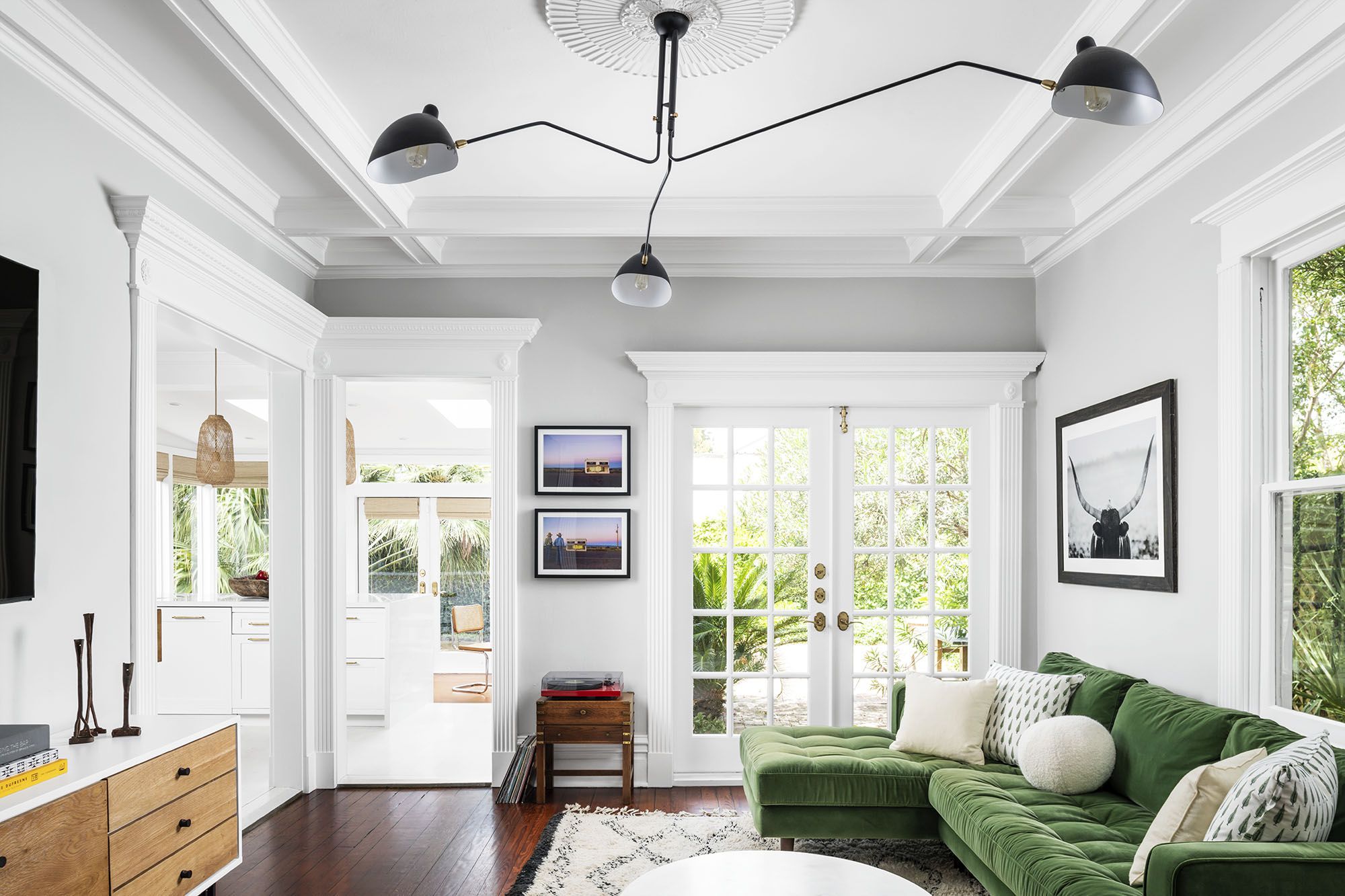
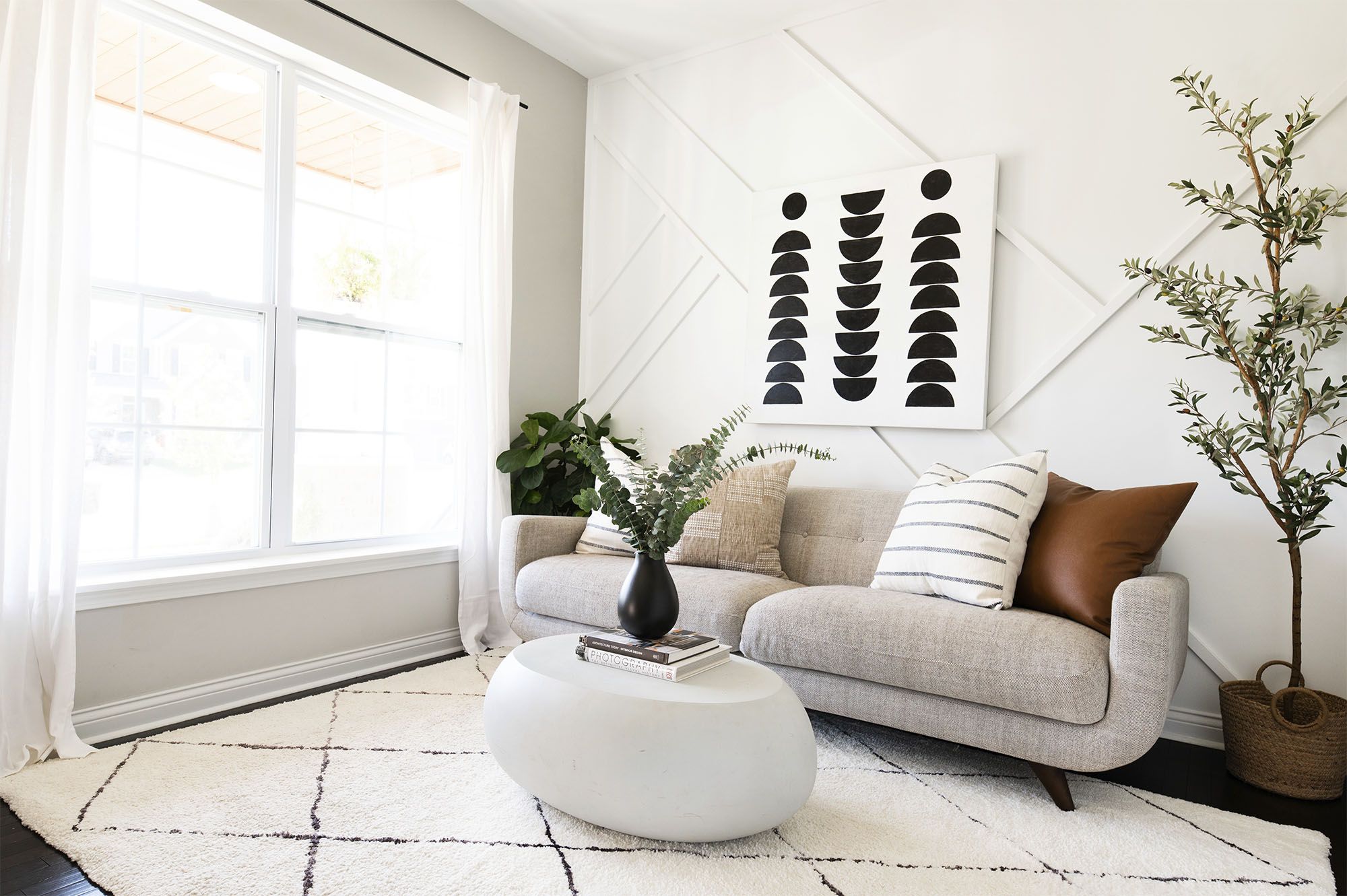

:max_bytes(150000):strip_icc()/GettyImages-1095127286-eb98158ca8a44df2aff6380cd943deb5.jpg)
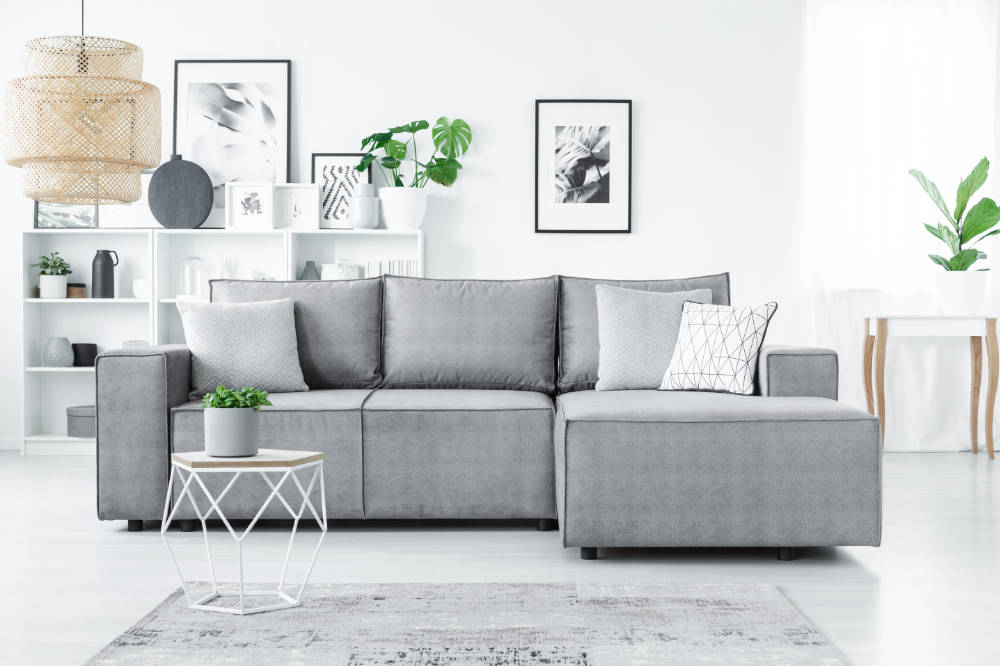
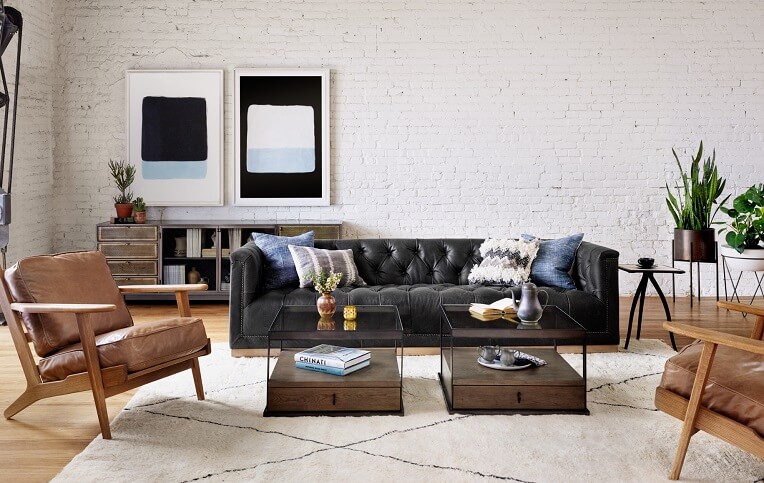


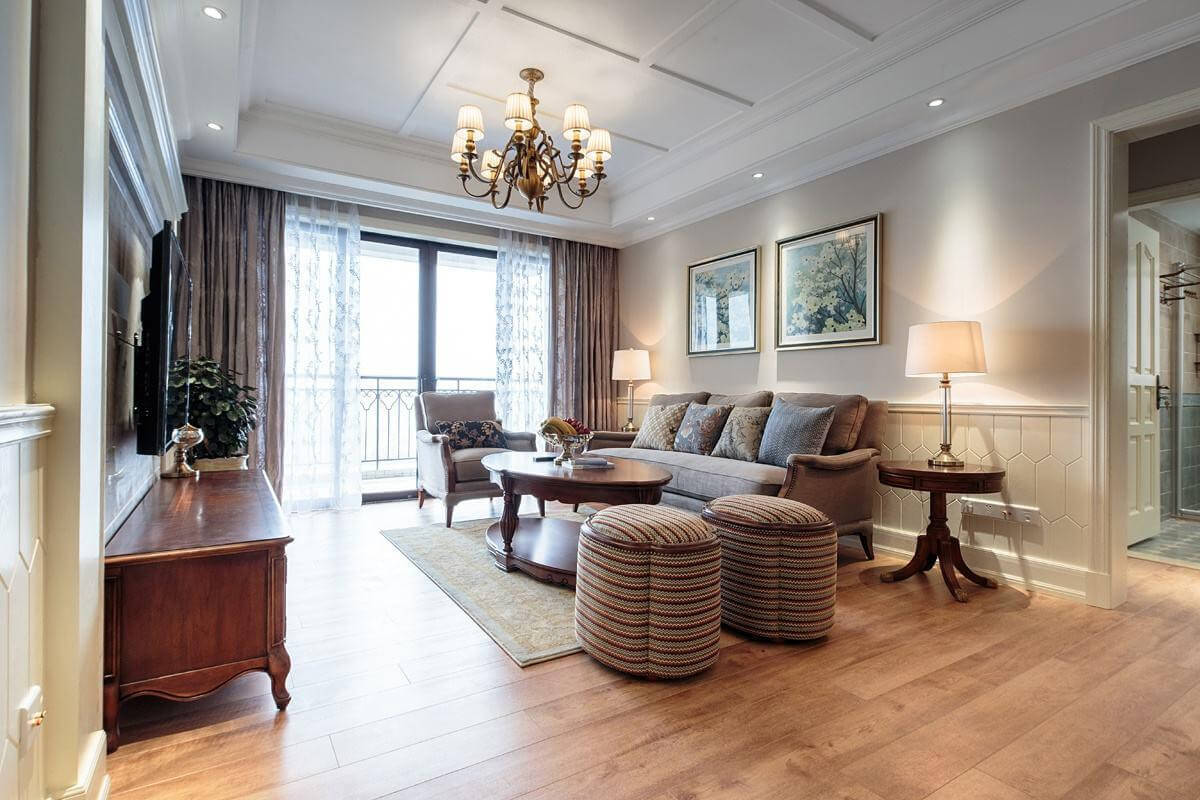






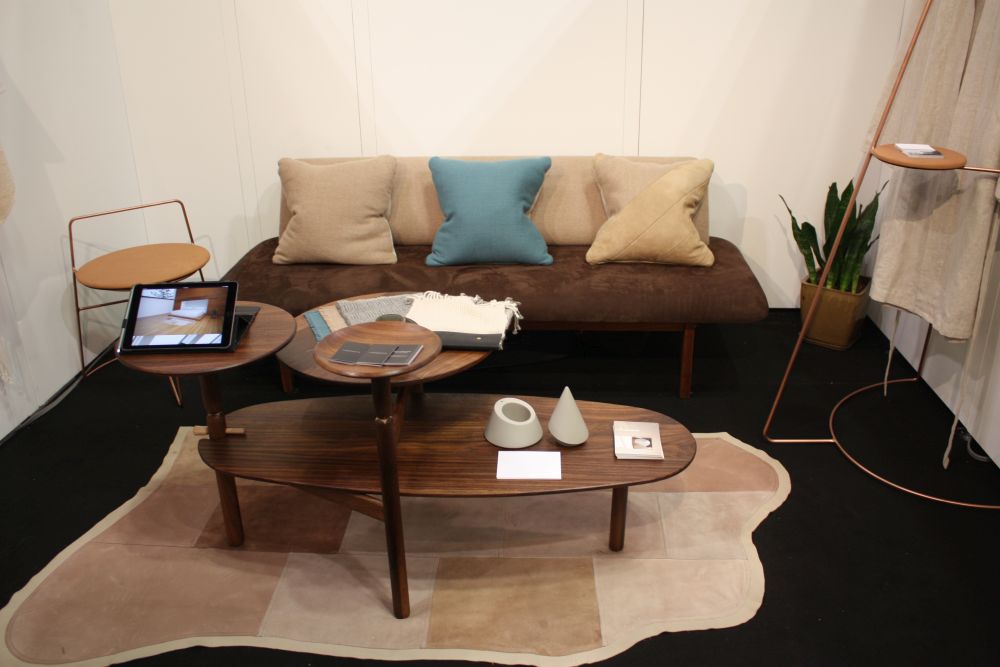



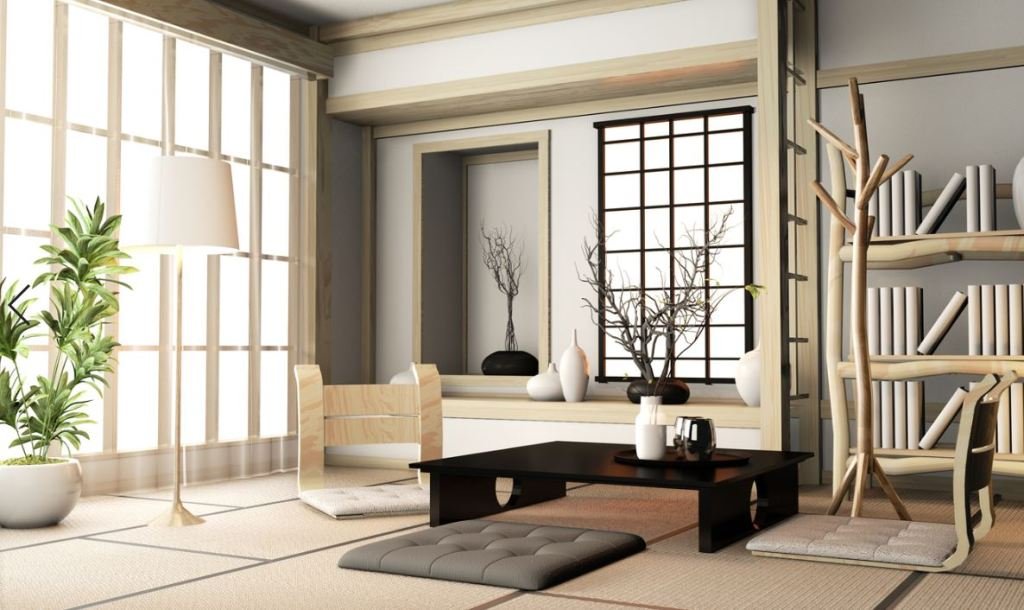




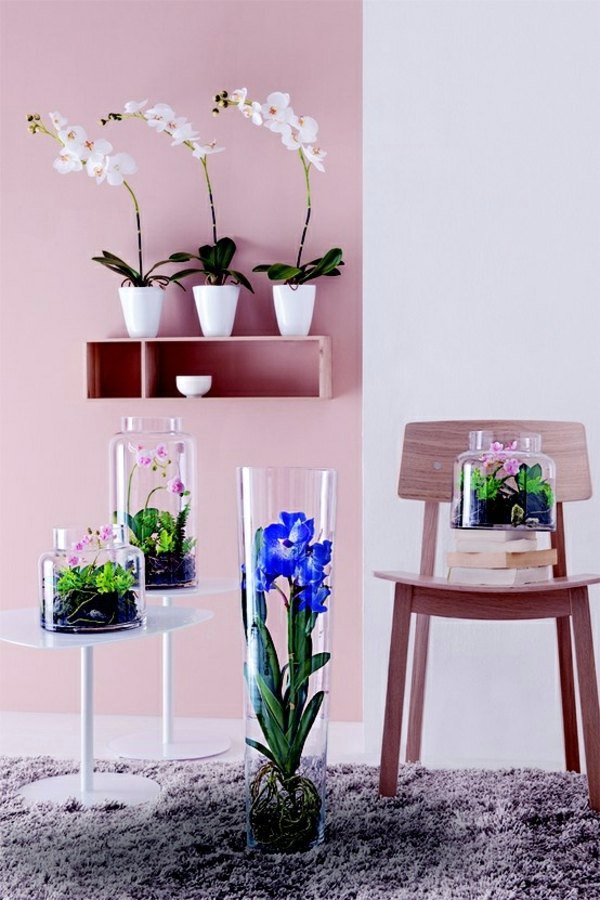


:max_bytes(150000):strip_icc()/good-and-bad-feng-shui-plants-1274740-v3_3-5bb778e74cedfd002635d88c-79b0940e65f14b66b3730ee66660ca14.png)





:max_bytes(150000):strip_icc()/GettyImages-1038433622-5bd425f3ce084b82b79a2ae05da290bf.jpg)


